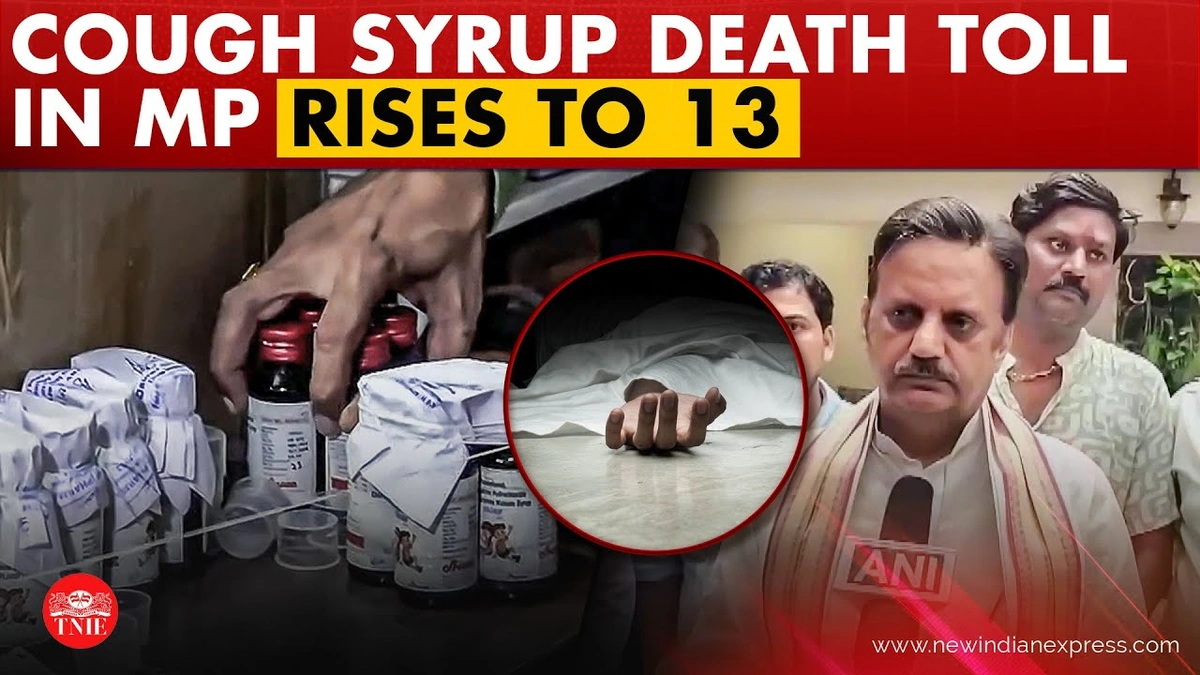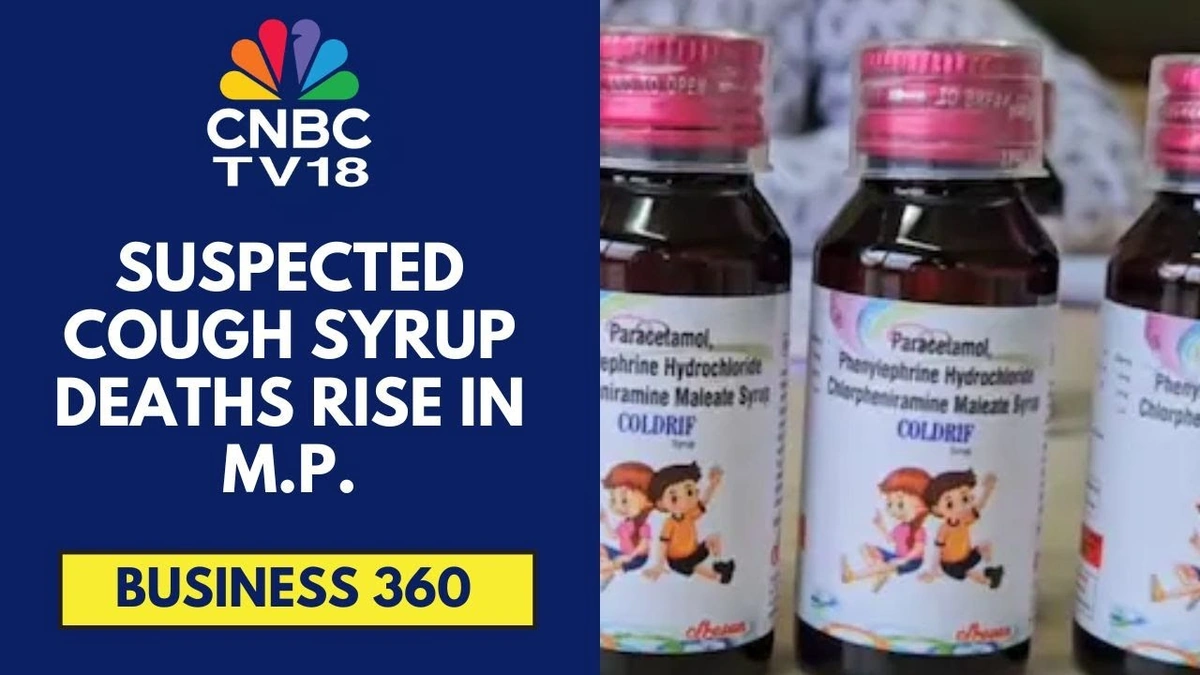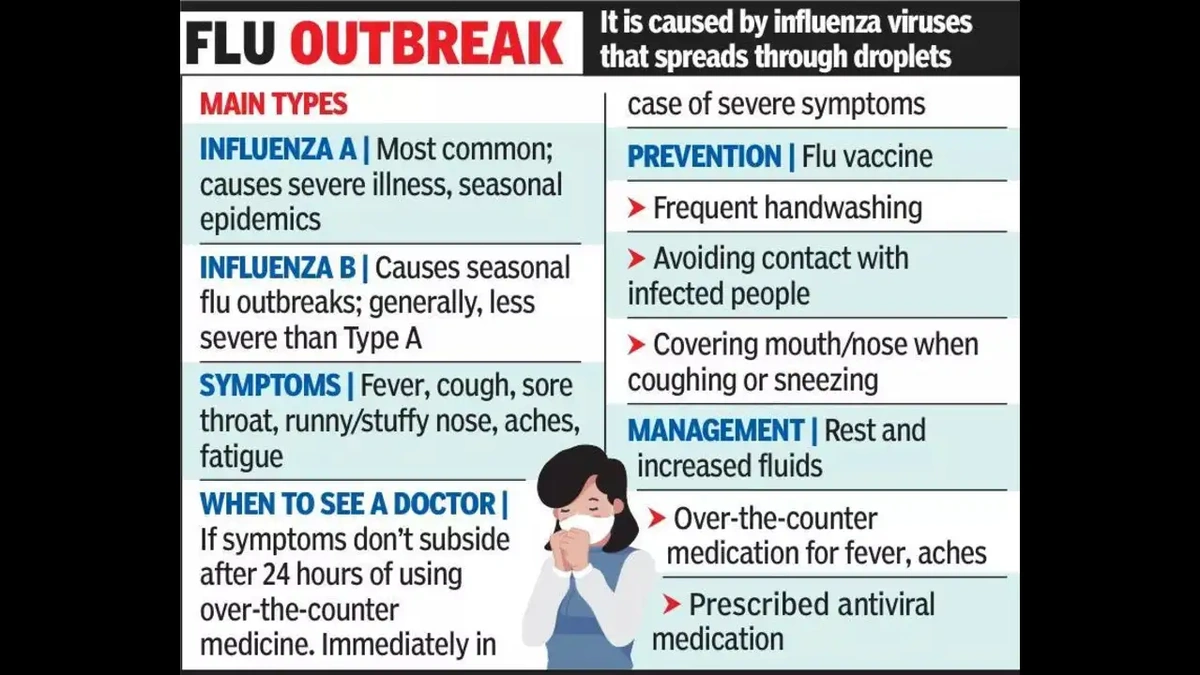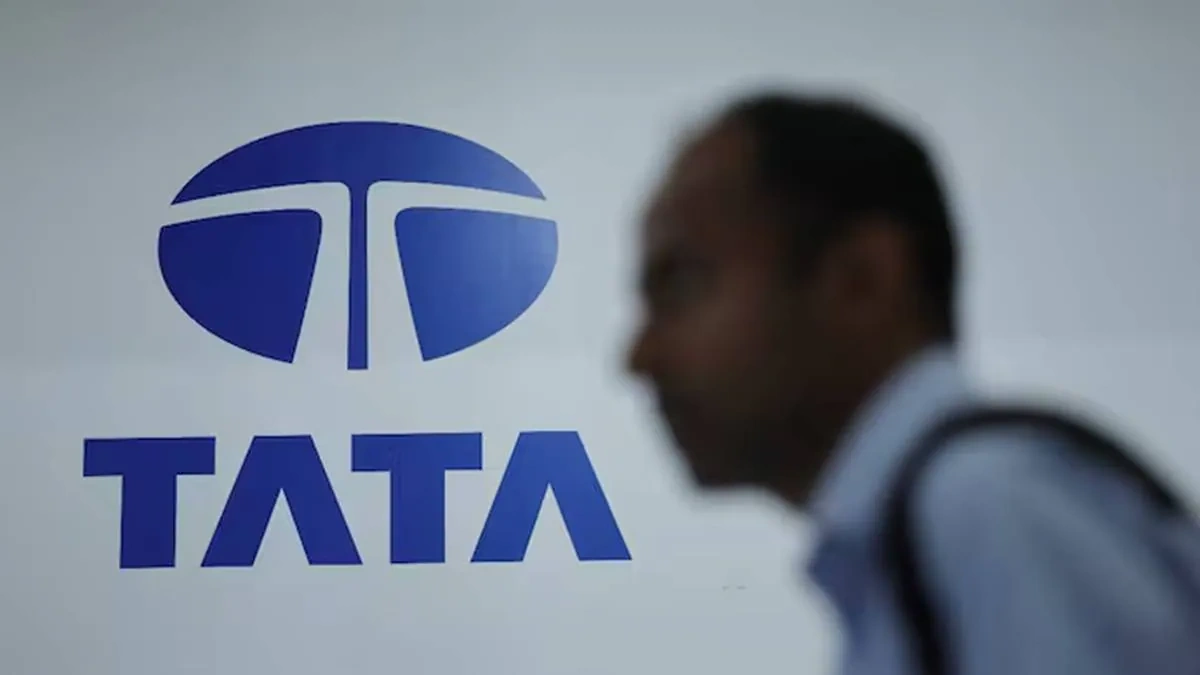Madhya Pradesh | Contaminated Cough Syrup Kills 3 More Children, Death Toll Reaches 20
The news coming out of Madhya Pradesh is, frankly, horrifying. Three more young lives have been lost due to contaminated cough syrup , pushing the total death toll to a staggering 20. This isn’t just a statistic; it’s a gut-wrenching tragedy impacting families and shaking the very foundations of public trust. But, the real question is why is this still happening? What systemic failures are allowing such deadly lapses in quality control to persist? Let’s dive deep, not just into the news, but into the critical questions that demand answers.
The Deadly Ingredient | What Went Wrong with the Cough Syrup?

So, what exactly is lurking in these cough syrups that’s causing such devastation? Typically, these incidents point to the presence of diethylene glycol (DEG) or ethylene glycol (EG) toxic substances that are sometimes, either accidentally or deliberately, substituted for safe pharmaceutical ingredients like propylene glycol or glycerin. Here’s the thing: DEG and EG are used in antifreeze and industrial solvents. Ingestion, even in small amounts, can lead to kidney failure, neurological damage, and, tragically, death, especially in young children. The World Health Organization (WHO) has issued alerts about such contaminations in the past, linking them to mass poisonings globally. What’s alarming is that this isn’t a new phenomenon; it’s a recurring nightmare. This incident highlights the critical need for stringent quality checks in the pharmaceutical industry .
Why Are Quality Control Measures Failing So Spectacularly?
Let’s be brutally honest: the fact that cough syrup deaths are still happening in India in 2024 is a damning indictment of the regulatory framework. We’re talking about the lives of children – the most vulnerable among us. A slap-dash approach simply isn’t acceptable. Several factors likely contribute to these failures. First, there could be a lack of rigorous testing and inspection of raw materials and finished products. Are pharmaceutical companies cutting corners to maximize profits? Are regulatory bodies adequately staffed and equipped to conduct thorough audits? And are there sufficient penalties in place to deter those who prioritize profit over public safety?
But here’s something I’ve realized after digging into this: the problem often extends beyond the big players. It’s about the sprawling network of smaller manufacturers, distributors, and pharmacies, particularly in states with weaker regulatory oversight. It’s about the gaps in the supply chain that allow substandard or counterfeit drugs to slip through. According to the latest reports, the state government has suspended the license of the manufacturing unit involved and filed criminal charges. The question is whether it’s enough. Stricter enforcement and hefty penalties can serve as a deterrent.
The Human Cost | Families Devastated by Preventable Deaths
Numbers can be numbing, can’t they? Twenty deaths. But behind each number is a family shattered, a future stolen. Imagine being a parent, trusting that a simple cough syrup will soothe your child, only to discover it’s a deadly poison. The grief, the anger, the sheer helplessness – it’s unimaginable. We need to remember that Madhya Pradesh cough syrup tragedy represents a profound failure to protect the most vulnerable. What’s infuriating is that these deaths were entirely preventable. It’s not an act of nature; it’s a consequence of systemic failures. This demands accountability, not just from the companies involved but from every level of the regulatory apparatus. Families deserve justice, and, more importantly, they deserve assurance that this will never happen again. A common mistake I see is ignoring the smaller symptoms which often leads to a domino effect.
What Steps Can Be Taken to Prevent Future Tragedies?
So, what can be done? What concrete steps can prevent another Madhya Pradesh from happening? It’s essential to implement several measures. First, strengthen the regulatory framework. This means increased funding for drug testing laboratories, more frequent and thorough inspections of pharmaceutical manufacturing facilities, and stricter penalties for those who violate safety standards. Let me rephrase that for clarity: we need more teeth in the law. Second, enhance supply chain transparency. Implement track-and-trace systems to monitor the movement of drugs from manufacturer to consumer, making it harder for counterfeit or substandard products to enter the market. Third, raise public awareness. Educate consumers about the risks of substandard drugs and how to identify them. Encourage them to purchase medicines only from reputable sources and to report any suspicious activity. And fourth, foster international collaboration. Share information and best practices with other countries to combat the global problem of substandard and falsified medicines . But, most importantly, ensure accountability. Those responsible for these deaths must be held accountable, and the system must be reformed to prevent future tragedies. Learn from past mistakes ; it is necessary to save the future.
The Role of the Government and Pharmaceutical Companies
The government, without a doubt, has a paramount responsibility to safeguard public health. But it’s not just about regulations and enforcement; it’s about fostering a culture of safety and accountability within the pharmaceutical industry. Pharmaceutical companies, on the other hand, must prioritize patient safety above all else. This means investing in rigorous quality control measures, conducting thorough testing of all products, and ensuring that their supply chains are secure. What fascinates me is how companies often react only after a major incident. Proactive measures are essential, not reactive ones. Remember: People’s lives depend on it. And, don’t forget about the importance of ethical practices, including transparent pricing and responsible marketing.
FAQ | Addressing Your Concerns About Cough Syrup Safety
Frequently Asked Questions (FAQ)
What are the symptoms of diethylene glycol (DEG) poisoning?
Symptoms can include nausea, vomiting, abdominal pain, kidney failure, neurological problems, and altered mental status. Seek immediate medical attention if you suspect DEG poisoning.
How can I be sure the medicines I’m buying are safe?
Purchase medicines only from reputable pharmacies, check for proper labeling and expiration dates, and be wary of unusually low prices, which could indicate counterfeit products.
What if I suspect a medicine is contaminated?
Report it immediately to the local drug regulatory authority. You can also contact consumer protection agencies for assistance.
Can I trust generic medicines?
Generic medicines are generally safe and effective, as they must meet the same quality standards as brand-name drugs. However, it’s still important to purchase them from reputable sources.
What is the government doing to prevent future incidents?
The government is strengthening regulations, increasing inspections, and enhancing supply chain monitoring to prevent the manufacture and sale of substandard drugs. Also, more awareness initiatives are being started to educate consumers about the same.
The cough syrup deaths Madhya Pradesh serve as a stark reminder that the pursuit of profit should never come at the expense of human lives. We need systemic change, a relentless commitment to quality, and unwavering accountability to ensure that no more children fall victim to preventable tragedies. This is not just a news story; it’s a call to action. The state government needs to take some serious steps to ensure this doesn’t happen again. Keep yourself updated about the latest news and information.













